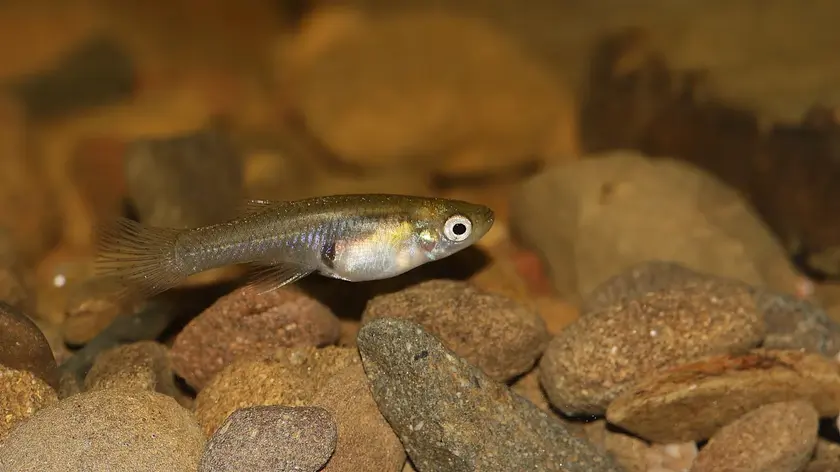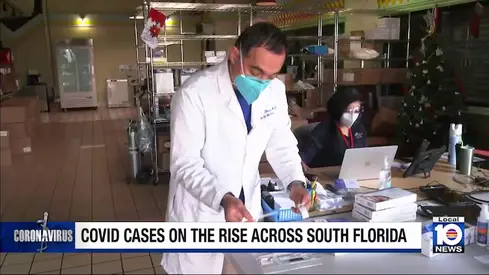T4K3.news
Mosquitofish plan in Florida counties
Local health alerts push counties to explore mosquitofish as a natural defense against mosquitoes

Local health alerts push counties to explore mosquitofish as a natural defense against mosquitoes.
Officials deploy mosquitofish to curb mosquito outbreaks in Florida counties
In Brevard County, officials are turning to mosquitofish to curb mosquito larvae. The county is giving the fish away for free to residents who want to release them into ponds on their property. County mosquito control says a single mosquitofish can eat about 100 larvae each day and it works in both fresh and salt water.
Normally the effort includes spraying and using drones to drop bacteria that target mosquitoes. The work has shifted from seasonal to year round because warmer temperatures extend the mosquito season. The health advisory is in effect in Brevard and nearby counties because of locally acquired dengue cases.
Key Takeaways
"If we release enough of these, we don't have to do any treatment"
comment by Jonathan Linder on mosquitofish impact
"They can do their job in both fresh and salt water"
mosquitofish capability
"Dengue is a potentially serious condition that can present with high fever, headache, rash, nausea, vomiting"
risk description of dengue in article
The move shows a shift toward preventive, low cost methods that rely on natural processes. It reflects a search for less chemical exposure and more community involvement. Yet releasing predators raises questions about ecological impact and long term effectiveness.
Climate change is reshaping vector control and local officials face budget pressures. The approach relies on clear communication and ongoing monitoring to deliver results, and public acceptance could determine whether it sticks as a long term solution.
Highlights
- If we release enough of these we don't have to do any treatment
- Tiny fish big bite for mosquitoes
- A pond today fewer bites tomorrow
- Nature handles the problem one step at a time
Public health strategy under scrutiny
The shift to natural predators raises questions about ecological impact, effectiveness, and public acceptance. It also involves budgeting for a year round program and ongoing monitoring.
The real test will be whether communities embrace this approach over time.
Enjoyed this? Let your friends know!
Related News

Drake Bell divorce petition filed in Florida

Deportation Depot merch draws attention

Pause on Alligator Alcatraz construction

Florida State Rep. Joe Casello dies at 73

Florida executes 10th inmate in 2025

COVID cases rise in South Florida

Cory Mills accused of threatening to release intimate videos

Horse tranquilizer linked to growing overdose crisis
